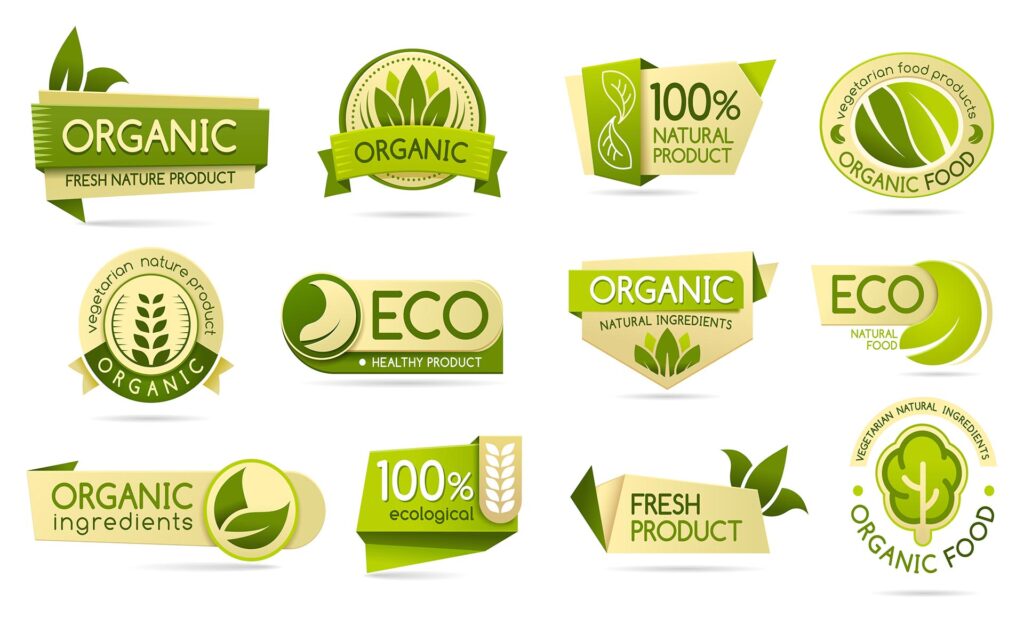Consumer Packaged Goods (CPG) are products that are sold quickly and at a relatively low cost. Organic CPGs are those that are made from natural and non-genetically modified ingredients and are free from synthetic chemicals and pesticides. Grocery stores are one of the primary channels for the sale of CPGs, and the success of organic CPGs in grocery stores is crucial for both manufacturers and retailers. In this blog, we will explore the higher rate of acceptance by consumers of organic CPGs in grocery stores.
According to a report by the Organic Trade Association, the organic food industry in the US is growing rapidly, with sales increasing by 12.4% in 2020. Consumers are increasingly concerned about the health and environmental impact of the food they eat, and organic CPGs are seen as a healthier and more sustainable alternative to conventional CPGs.
A study by the Hartman Group found that 80% of US consumers believe that organic products are healthier than conventional products, and 55% of consumers are willing to pay more for organic products. This indicates that there is a higher rate of acceptance by consumers of organic CPGs in grocery stores.
Another study by the Organic Trade Association found that 59% of parents who buy organic food for their children do so because they believe it is healthier for them. This is particularly important for CPGs that are marketed towards children, such as snacks and breakfast cereals.
In addition to health benefits, organic CPGs are also seen as more environmentally friendly than conventional CPGs. A study by the Organic Center found that organic farming practices can reduce carbon emissions and improve soil health, water quality, and biodiversity. Consumers who are concerned about the environment are more likely to choose organic CPGs over conventional CPGs.
Finally, the growth of online grocery shopping has also contributed to the higher rate of acceptance of organic CPGs. Online retailers such as Amazon and Thrive Market have made it easier for consumers to access a wider range of organic CPGs, and consumers who live in areas where organic products are not readily available in physical stores can still purchase organic CPGs online.
In conclusion, the higher rate of acceptance by consumers of organic CPGs in grocery stores can be attributed to the perceived health and environmental benefits of these products. Manufacturers and retailers that can meet these consumer demands are more likely to succeed in grocery stores. However, it is important to note that organic CPGs are often more expensive than conventional CPGs, and manufacturers must strike a balance between offering competitive prices and maintaining product quality and sustainability.

